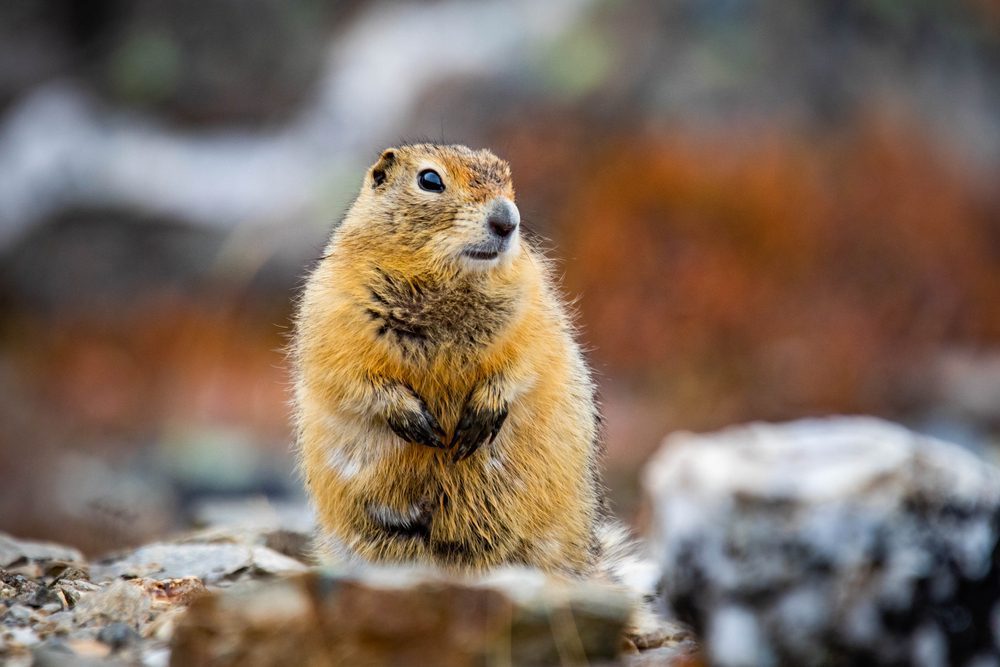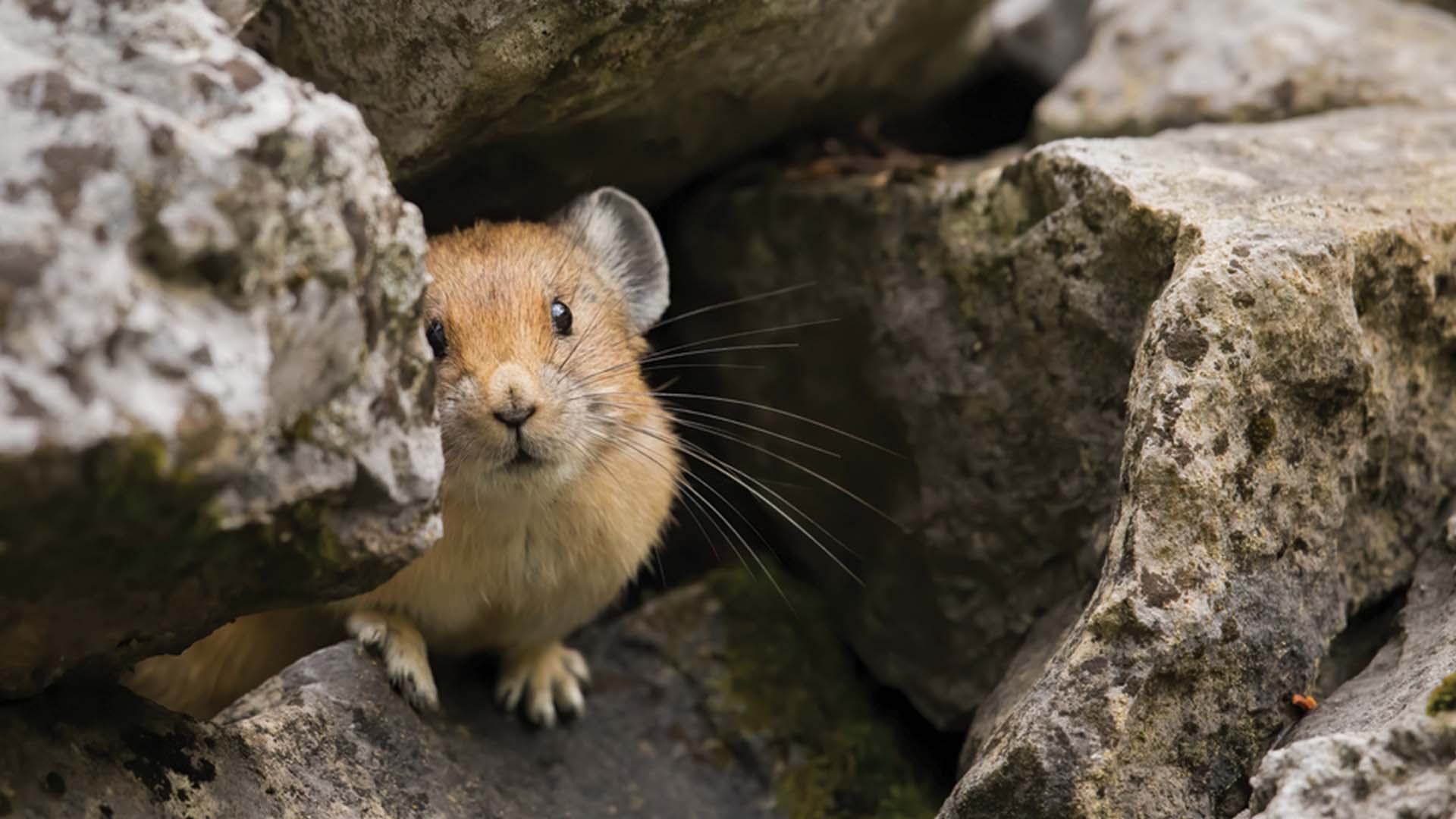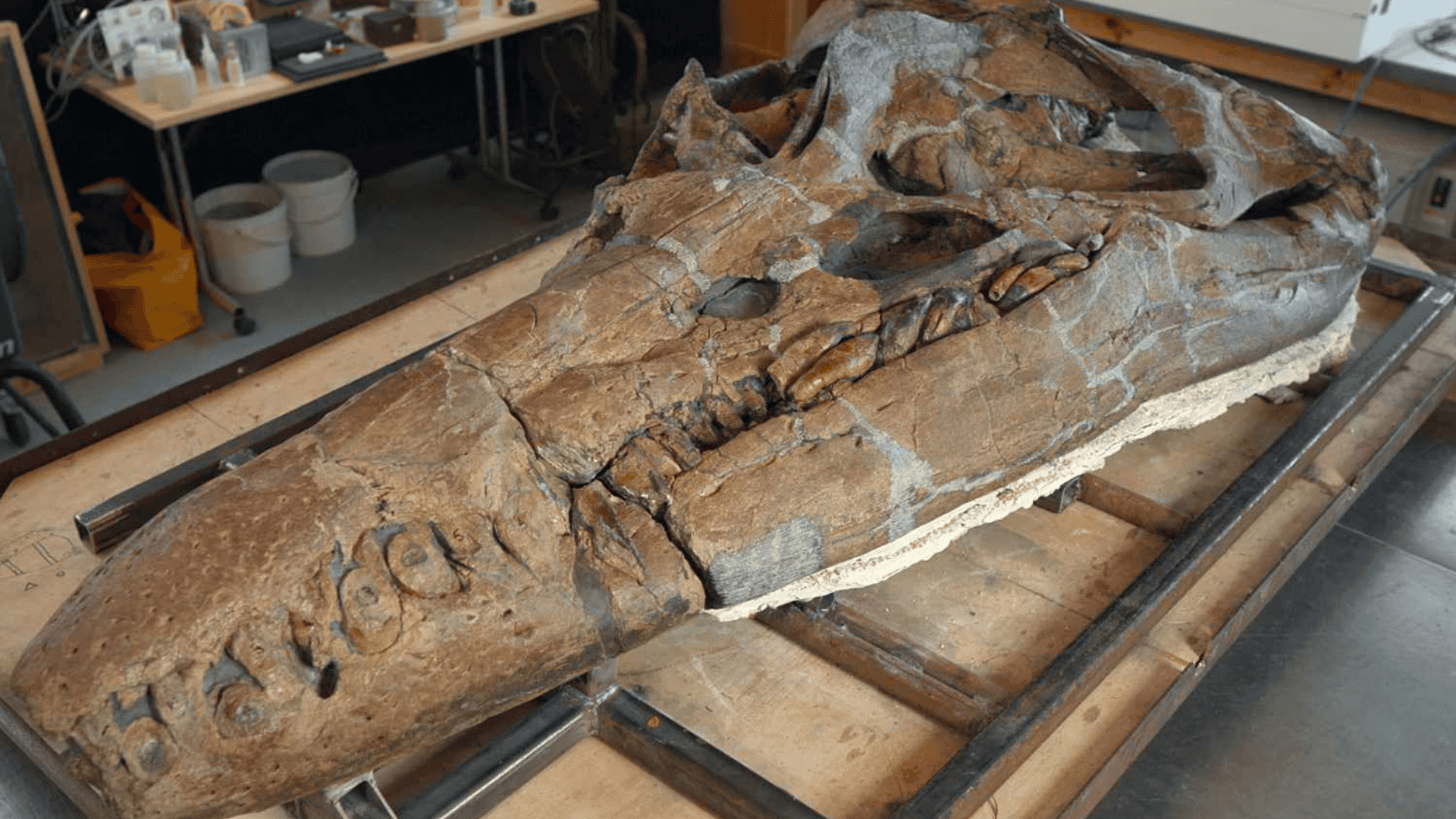New research indicates that the population of wolves living in the Chernobyl Exclusion Zone (CEZ) is genetically distinct from their counterparts outside of the region. One of the most shocking differences, for example, is that the mutant population of wolves appears to have developed protective mutations that increase their odds of surviving cancer.
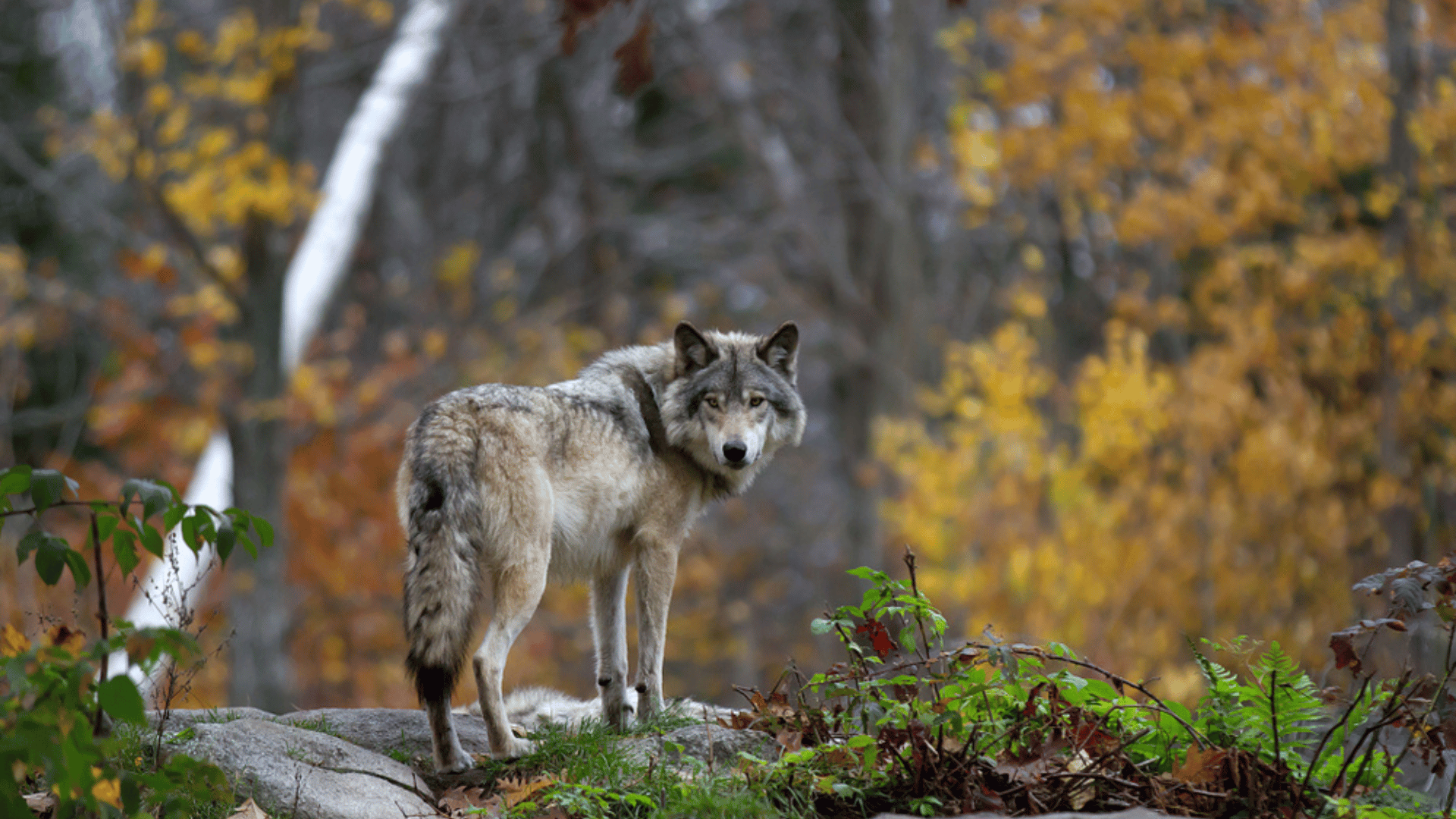
Populations of many species of animals, including wolves, have boomed in the CEZ of Ukraine since the area was abandoned following the 1986 nuclear disaster. Though wildlife has been able to thrive without the disruption of human activity, animals there must also face the problem of dangerous radiation.
In an attempt to understand how these animals are surviving against the odds, Cara Love, an evolutionary biologist and ecotoxicologist at Princeton University, has been studying the wolves of Chernobyl for a decade.
Beginning in 2014, Love and her colleagues journeyed to the CEZ and took blood samples from the wolves to understand their responses to cancer-causing radiation. Some of the animals were also fitted with radio collars to gather information on their locations and radiation exposure.
“We get real-time measurements of where they are and how much [radiation] they are exposed to,” Love stated.
Their research showed that the CEZ wolves are exposed to more than 11.28 millirem of radiation every day for their entire lives. This is over six times the legal limit for human workers.
They also discovered that the wolves have altered immune systems, similar to patients undergoing radiation treatment for cancer. Further genetic analysis indicated that part of the wolves’ genome has developed some resilience to cancer.
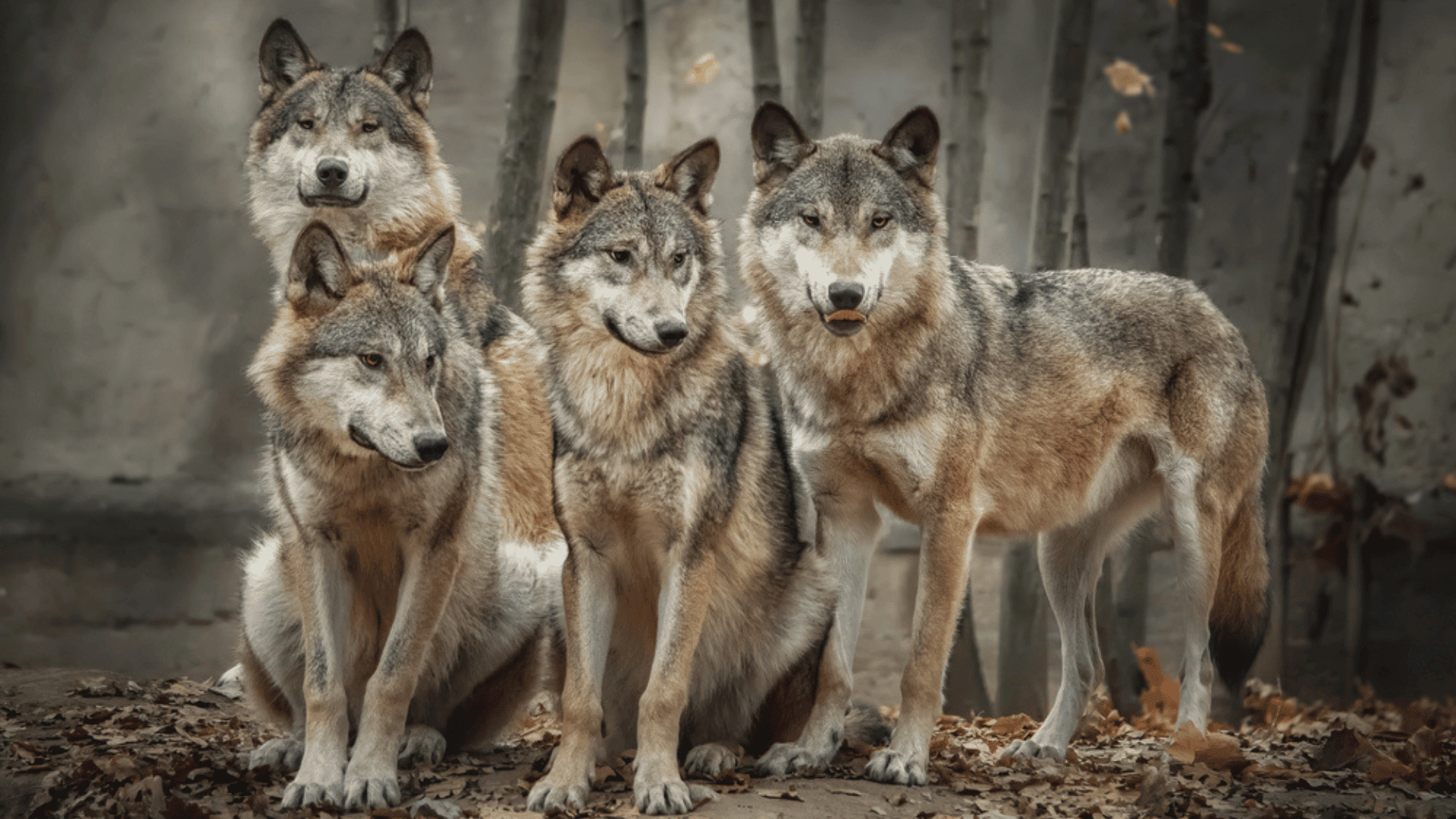
Explore Tomorrow's World from your inbox
Get the latest science, technology, and sustainability content delivered to your inbox.
I understand that by providing my email address, I agree to receive emails from Tomorrow's World Today. I understand that I may opt out of receiving such communications at any time.
Similar findings have also been seen among hundreds of CEZ semi-feral dogs, as a 2023 study indicated that free-wheeling dogs were genetically different from pet dogs living in other areas of the world.
Love hopes that their findings could be beneficial to humans, allowing us to identify protective mutations that could increase people’s odds of surviving cancer.
The new research was presented last month at the Annual Meeting of the Society of Integrative and Comparative Biology’s Annual Meeting in Seattle, Washington. Unfortunately, the ongoing war with Russia has prevented Love and her team from returning to CEZ to study these animals further.
“Our priority is for people and collaborators there to be as safe as possible,” said Love.



